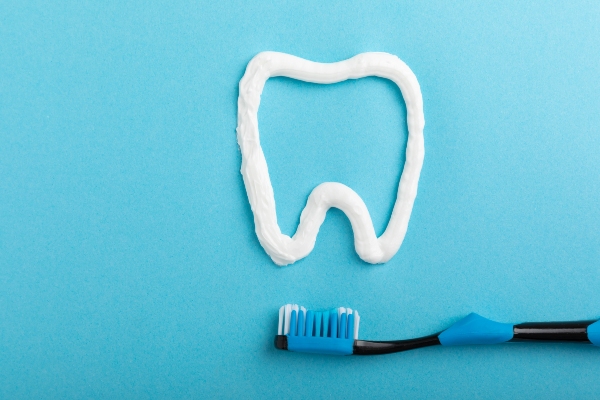How Successful Is a Dental Implant Restoration?

One of the most highly recommended teeth replacement solutions is a dental implant restoration. However, some patients are concerned as to whether it will be successful, which leads them to feel anxious before the procedure. By learning more about the success rate of dental implants, you can make an informed decision about treatment.
What to expect with a dental implant restoration
Every patient has a unique experience with the dental implant restoration process, but there are certain expectations that one can have before, during and after treatment. The following is an overview of the dental implant process, including what a restoration is, what the success rate is and how to make a full recovery following the placement procedure.
What is a dental implant restoration?
A dental implant restoration is the artificial tooth or teeth replacement that attaches to the abutment of a dental implant. The dental implant itself is placed into the jawbone above the restoration and serves as the root for the restoration. The replacement tooth looks, feels and functions almost the exact same as a natural tooth, and it can last for more than 20 years with proper care. Depending on the number of teeth being replaced, the restoration is typically either a dental crown, dental bridge or denture.
The dental implant restoration success rate
Almost all dental implant restoration patients have a successful placement procedure, and the rate of a failed implant is far less than 5%. The rate of success does, however, vary depending on the location of the implant. How well the patient cares for their oral health and how well they protect the mouth after placement also plays a role in whether a restoration is successful. While there is a chance of a failed implant, the risk is small and not typically a concern.
Preparing the mouth for placement
One of the reasons that a dental implant restoration has such a high success rate is because of the preparations dental professionals take before the placement of the implant. The implant must be supported by the jawbone. Before placement, the general dentist may recommend a bone grafting procedure to ensure a strong and secure hold of the implant. They may also recommend other preparations, such as periodontal disease treatment.
The placement process
Once the mouth is fully prepared, the implant is placed through a safe, minimally invasive procedure. The mouth will then require a healing period, during which the patient should ensure that they practice good oral hygiene and eat a soft diet of healthy foods and drink water often. Once the mouth has healed, the abutment and dental implant restoration are placed.
Talk to a dentist today about treatment
If you have one or more missing teeth and want to restore the appearance, oral health and function of your smile, then we encourage you to get in touch today. We believe that everyone should have a smile that they are confident with, and we are here to help patients through the dental implant restoration process.
Are you considering a dental implant restoration in the Columbus area? Get more information at https://www.ohiocosmeticdentists.com.
Check out what others are saying about our services on Yelp: Read our Yelp reviews.
Recent Posts
Dental veneers are versatile restorations. Your dentist can improve the health and appearance of your teeth by applying these custom-fit shells. Talking to your dentist about the procedure can motivate you to set your treatment schedule. Here are the pros and cons of getting your dental veneers.Dental veneers can be a good choice for dental…
Good self-care habits ought to include time for routine dental care. From spending a few minutes each day on oral hygiene to visiting a general dentist throughout the year, taking care of the teeth and gums is an important part of personal health. Rather than leaving oral health to chance, implementing preventative dental care practices…
Sleep apnea is a serious sleep disorder that affects millions of individuals worldwide. It occurs when breathing repeatedly stops and starts during sleep, disrupting rest and potentially causing long-term health consequences. Many people are unaware that a general dentist plays a key role in diagnosing and managing sleep apnea, particularly with non-invasive treatment solutions. By…
Regular visits to the dentist for routine dental care are an important part of maintaining oral health. However, it is also necessary to maintain good oral hygiene between dental visits. The daily oral hygiene routine of patients can be improved by incorporating these tips.A consistent daily oral hygiene routine can help prevent many oral health…


